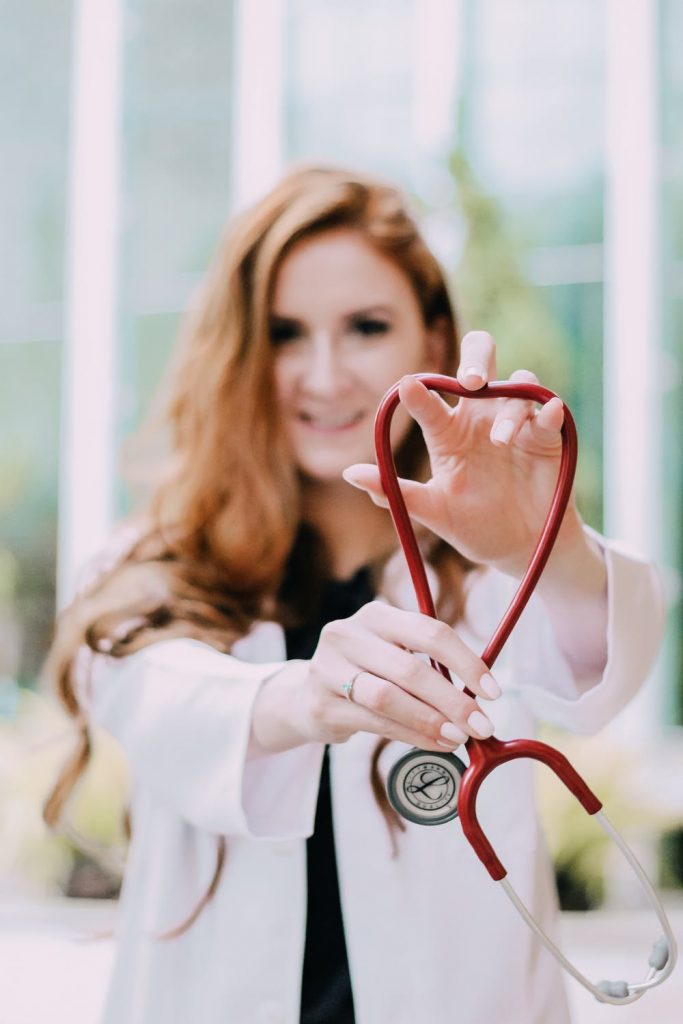Don’t think of failure as something to be ashamed of, be proud of the progress you have made getting this far and use that going forward in your career!Failure. It’s not something we all associate with the medical profession and not with medical students and medical applications. However, this is fast becoming an old myth and the importance of recognising your failures is becoming a key feature in the application process. This may go against your ideas, but I can’t emphasise how important it is to recognise the fact that you are …well … human. Medical memoirs will always include any mistake that the doctor has made, “Do No Harm” by Henry Marsh even mentions his first mistake in the first chapter and he was one of the best neurosurgeons in the country before he retired! If you haven’t read the book, I suggest you head to Amazon now and buy it. Most medical applications will boast 3 straight A’s, hours of work experience and their personal statements will mention every single buzzword that most websites will tell you to, and this is fine and will probably get you an interview. However, if you still portray an “invincible” persona at the interview, you probably will not get the offer you have worked so hard for. I got BCE at A level in Biology, Psychology and Chemistry. I got 7 rejections from universities for my undergraduate degree before I was offered a place on a Neuroscience course at UCLan through clearing. Even in my undergraduate degree, I was constantly fluctuating with my grades between 1st to literally scraping a pass. I even mentioned getting a 42% on an examination in one of my two medical interviews ! However, despite all this, I ended up with two offers for graduate entry medicine. How? It’s about how you manage setbacks. A common question arising at interviews tests your resilience and how you bounce back from disappointments in life. Throughout your medical career, you will be faced with setbacks and roadblocks. It’s how you face these and learn from them that medical schools are interested in. Examples could be:
- Reflecting on what went wrong during an exam and putting in preventions to improve your score next time such as completing past papers or going to seek help from a teacher.
- Not getting into medicine on the first attempt so asking for feedback on your application and working on the weak points
- Not getting picked for a sports team so working continuously on your technique and trying again
- Acceptance: Admit there was a mistake
- Reflection: What went wrong? What could have gone better? What can you improve on?
- Action: How did you fix it? What did you do? How did you seek help?

